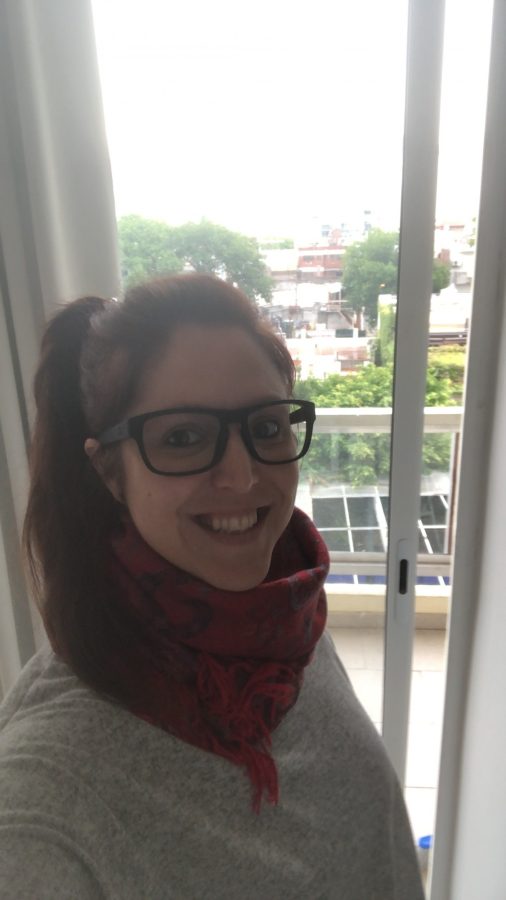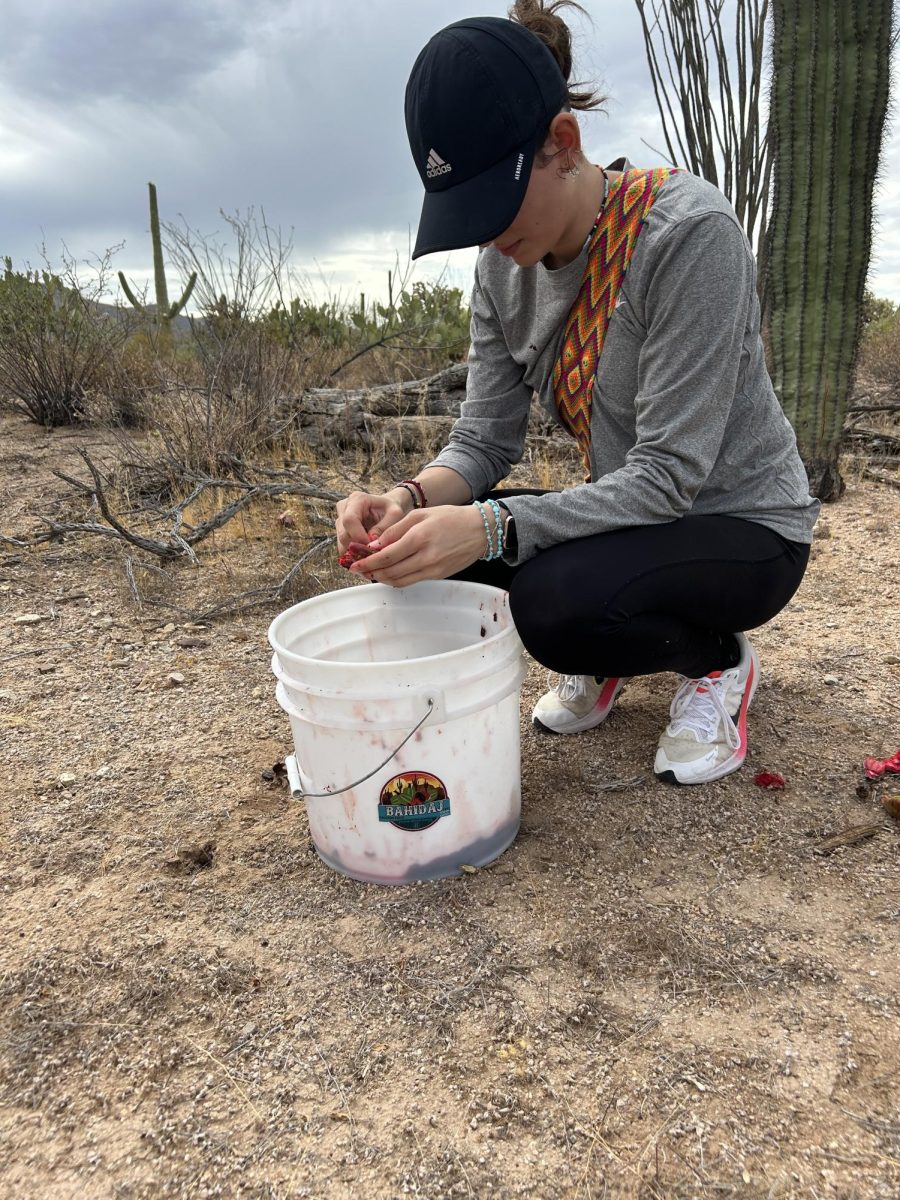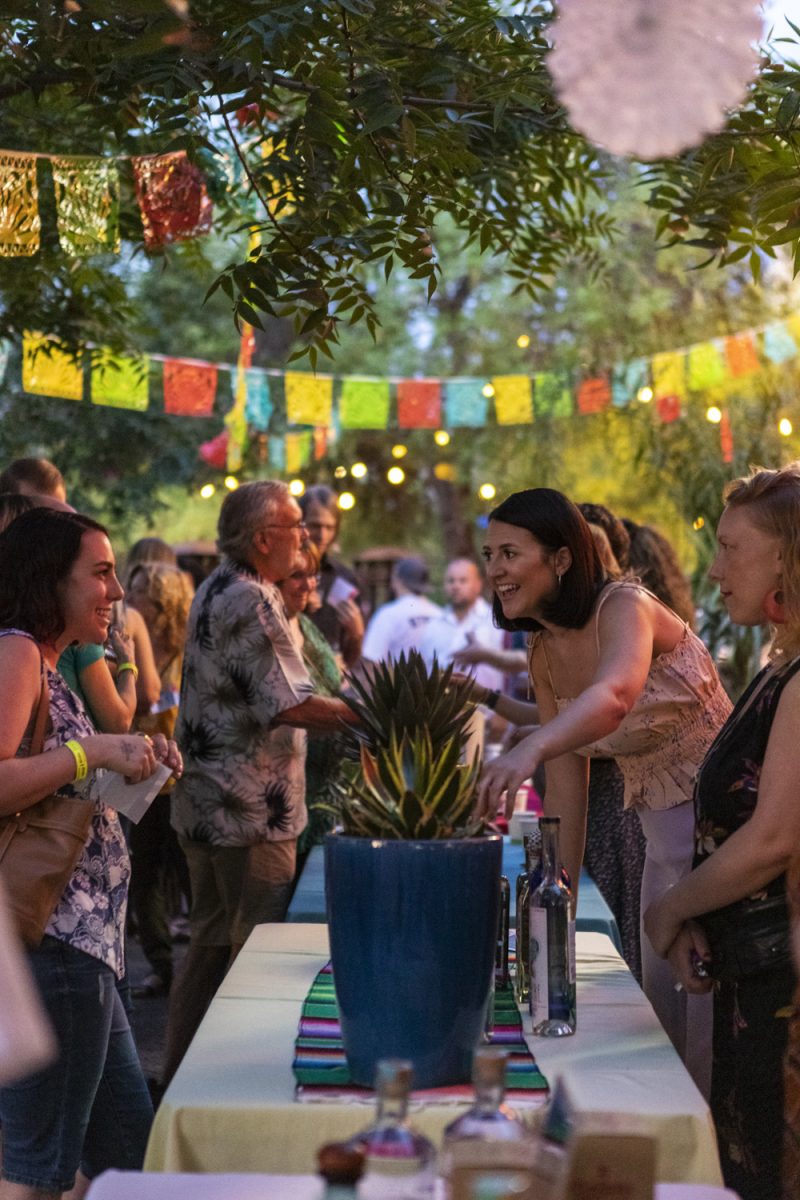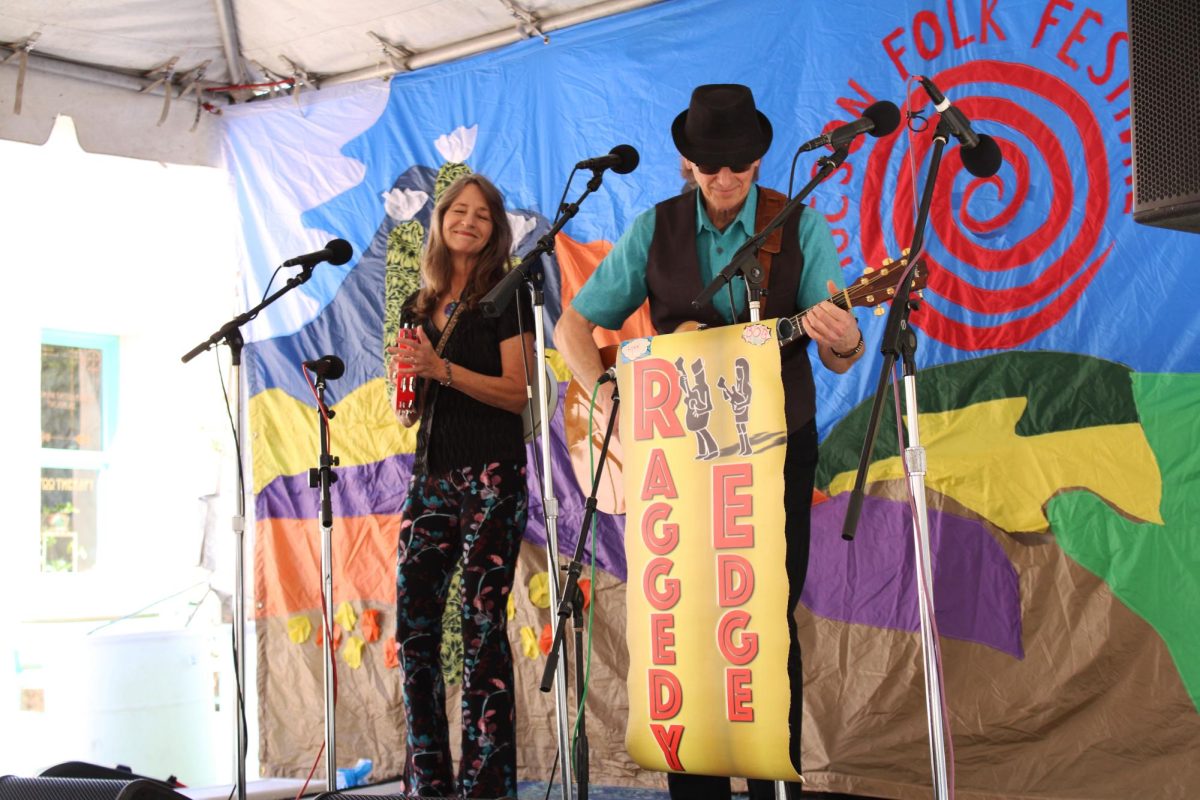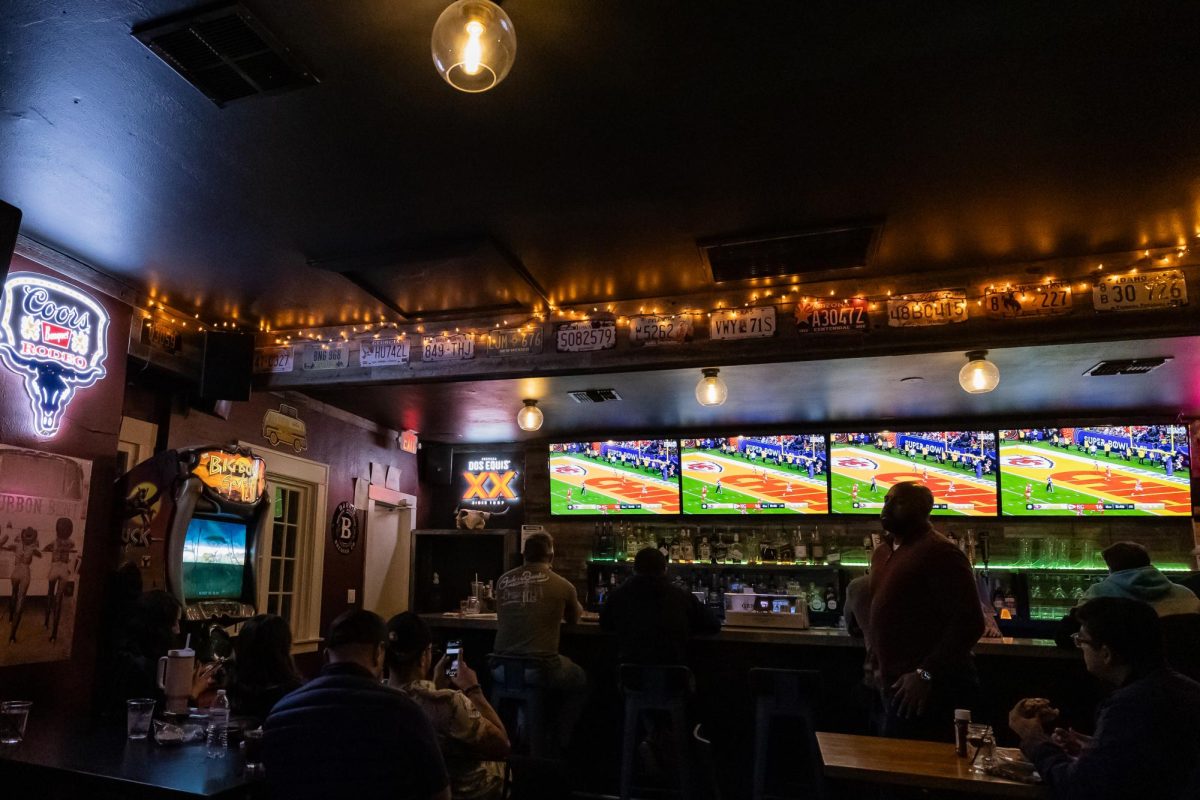As businesses began to shut down and travel restrictions came into place, a University of Arizona instructor and a UA alumna were traveling out of the country. Because of this, their trips changed from relaxing holidays into action-packed adventures.
UA Department of Spanish and Portuguese Instructor Laura Viale had no idea what a ride she was in for when she and her boyfriend, Damien Romero, bought plane tickets back in November.
During UA’s spring break, the couple flew to Paris for a vacation. Four days later, President Donald Trump announced that he was closing U.S. borders due to the spread of COVID-19 and only citizens could travel into the country.
“My boyfriend and I are both international students,” Viale said, “so even though he has been living in the U.S. for seven years and I for three, we were not allowed back in.”
RELATED: Campus reentry update: Student leaders voice optimism and concern, statements on BLM protests
The two wanted to leave Europe, and since they were unable to head back to their Tucson home, they decided to go to Buenos Aires, Argentina, Viale’s hometown. When they finally arrived in the airport, Argentina had recently declared that only residents of the country could enter, so Romero was denied entry.
Viale decided to stay in Argentina and was required to go into immediate quarantine, so Romero flew to his family in Mexico.
“I don’t have a house in Buenos Aires,” Viale said, “and I don’t want to expose my father who is 60. Here, there is quarantine for everybody. People are checking on each other and can file a claim against someone that leaves their house without a permit. I cannot even go outside to take out the trash.”
During the interview, Viale had been isolated in an apartment for 11 days, waiting for two weeks to pass before she could stay at her father’s house. She was teaching online UA classes, so she was staying up until past midnight in order to be available for her students during their waking hours in Arizona’s Mountain time.
“I Skype like crazy with people that I haven’t seen in ages,” Viale explained. “The only thing I can have now is patience, making plans week by week. That’s as far as I can go. Maybe in three more weeks I can start thinking about going back to Tucson.”
Two months later…
Two months later, the Daily Wildcat checked back in with Viale. She was out of quarantine and living with her father, but Argentina residents were still not allowed to go farther than a 20-block radius around their house, according to Viale.
“I only have my holiday clothes that I packed for Paris,” Viale said. “The country is still completely closed; no flights are going in or out. We have a curfew at 8 p.m. every night, so businesses close early which is weird because that’s not common here.”
Viale and her father, a programmer, try to have dinner together each night after their days spent working from home. Viale has also seen a few relatives, always at a distance.
“The first day my brother came into the house to visit, it was so hard for me because I could not hug him,” Viale described. “We are Latino so hugging and kissing and physical contact are part of who we are, so it has been kind of difficult.”
A long-distance relationship was not something that Viale and Romero were expecting to be in when they left for Paris in the beginning of March.
“It’s painful. We try to make it work,” Viale described. “[Romero] and I have date nights every Friday or Saturday to watch a movie or have dinner together. He keeps asking me when I am coming to Mexico, but I am not allowed to leave the country.”
Viale and Romero had to ask their friends to help them move out of their house in Tucson because they didn’t see why they should sign the lease again when they didn’t know when or if they would be back.
“I’m thankful every single day for my friends. They called me on FaceTime, set their phone on the table, and started packing up my things for me,” Viale said. “I also need to return the keys to my office at the UA and someone has to go get my stuff from that building eventually as well.”
Carlui Brower graduated with a Masters in Spanish from UA with Viale back in May 2019. The two are good friends, and he was one of the people who helped her with moving out.
“I felt a little bad as I was packing all of her stuff,” Brower said. “It’s something you wouldn’t think about doing. But can you imagine how many more people are in the same situation? What about people who don’t have friends that live nearby?”
Because of the virus, Brower’s plans of going home to visit his family in Colombia were canceled. He had not been back since 2017 when he started his graduate studies at the UA.
“Thank god we have technology,” Brower said. “We have access to technology right now that allows us to come closer to each other even though we are so distant, which is what I’ve already been doing for seven years now.”
Viale has been doing her best to stay strong and hopeful despite her situation.
“Distancing is what we have to do to look after one another, I’m not just looking after myself. It’s part of being in a community,” Viale said. “There’s nothing that you can do as an individual to say: ‘This is all over.’ The best thing you can do is to keep a positive energy as much as you can.”
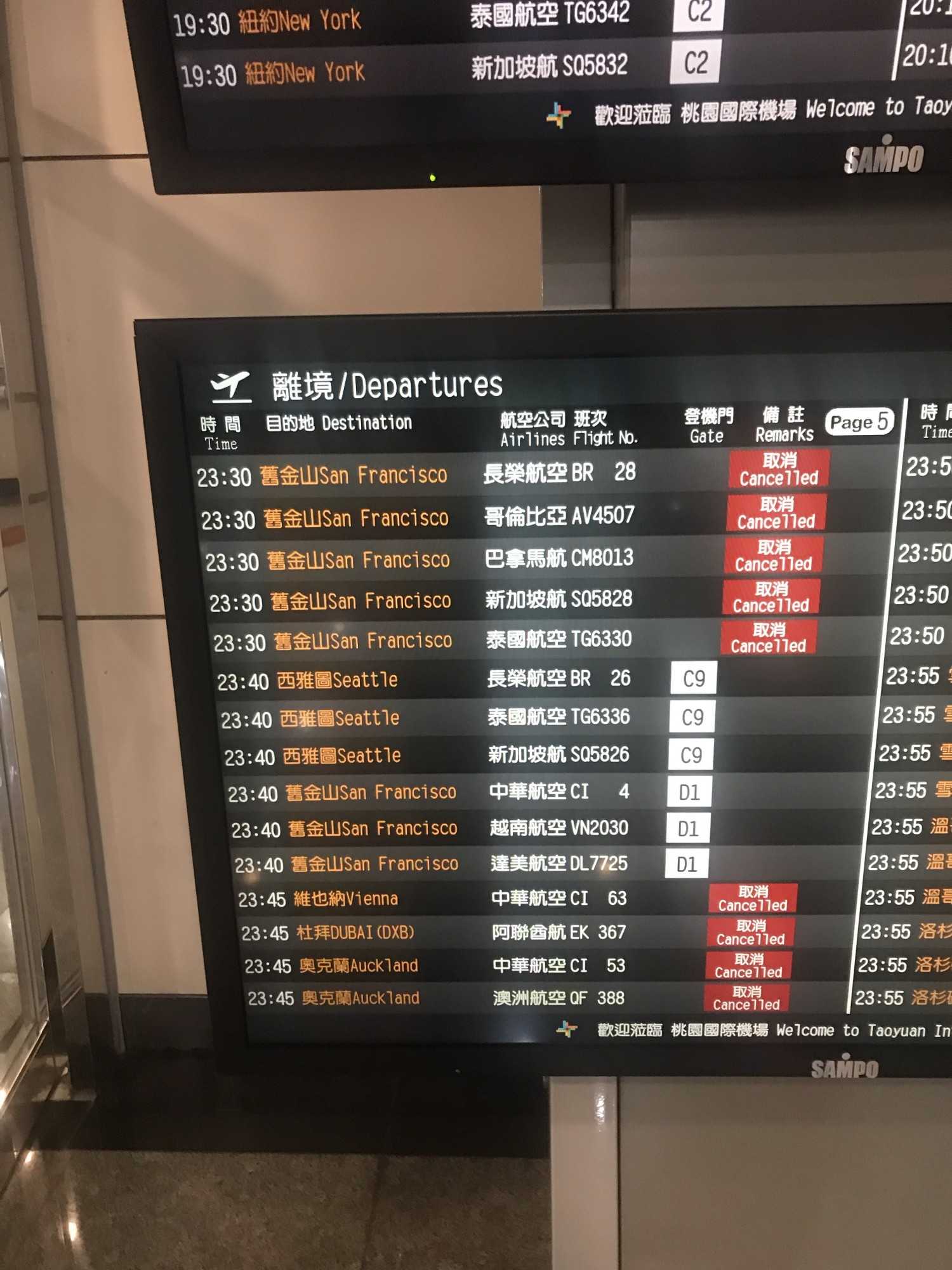
Almost stuck in Taiwan
In March, Shannon Strong, a UA Public Health alumna, was backpacking during her gap year when COVID-19 travel restrictions began.
“I had just gotten to South Thailand when everything went south with the virus,” she said.
Strong had decided to go abroad after her August 2019 graduation. One day, as she was wrapping up her last few weeks of travel, she woke on an island in Southern Thailand to texts and calls saying that the U.S. had issued a Level 4 travel advisory stating that all travelers needed to either stay put indefinitely or return to the country immediately.
“I was thinking I could post up for maybe the next month, but people were saying that this was something that could last many months,” Strong said. “I only met two or three other Americans and they were all catching the next flight out of there.”
But leaving was not so simple for Strong. When she decided to book a flight back home to Colorado, her flight itinerary was from Bangkok to South Korea to Canada and then Colorado. As she was boarding her flight in Bangkok, she learned that two of those three flights were canceled.
RELATED: Face-to-Face: The duty of the mid-pandemic professor
“In Southeast Asia, flight prices went way up. The minimum to fly out of there was $1,000 when, typically, it’s $400,” Strong said. “I bought a new plane ticket from Bangkok to Taiwan to California to Colorado. The nerve-wracking part was that I didn’t know if the next flight would be canceled, so I was going to Taiwan but wasn’t sure if I would even get out.”
Strong barely made it home. When she landed in Taiwan, she found out that the airports were all closing at midnight. Besides her and one other traveler, all the passengers that had just landed with her were unable to catch their next departures, according to Strong.
“If you had a layover longer than two hours, you were forced into quarantine,” Strong said. “I felt so lucky as I was escorted through coronavirus quarantine checkpoints; I was so happy that I was actually going to make it home.”
According to Strong, flight boards had long lists of canceled flights and the airplanes were eerily empty.
“I’ve never experienced anything like it. The Bangkok airport was filled with people sleeping everywhere, but in Taiwan and California, there were no people, like a zombie apocalypse,” Strong said.
Strong’s mother picked her up from the airport and then she stayed quarantined in her room in Golden, Colo., for the next two weeks to make sure she was safe to be around others.
“It felt like I had a guardian angel that day,” Strong reflected. “I have no idea what happened to the people who went into quarantine in Taiwan but tons of the friends I met traveling got stuck in different countries.”
Two months later…
Now, two months later, Strong has moved out of her mother’s house and is living with a friend as she works at her new job at Applewood Our House as a caregiver for memory care residents. She has worked at the senior living home since the beginning of April.
“There are lots of regulations with COVID,” Strong said. “I have to wear a mask and I can only see my roommate, but I understand that it’s for the older generations, it’s not about me.”
Strong is taking her future plans day by day but hopes to eventually advance farther along in the track of her public health major and of course, travel more.
“Patience is a virtue,” she added. “We are part of a community and we don’t know what it’s like to be immunocompromised. If you were in their shoes, what would it be like to be scared of dying every day?”
As Viale stated, there are ups and downs for everyone.
“I have days that I feel sad and want to cry,” Viale said. “But you cry for a little bit, and then you just get over that and try to stay positive. And wash your hands and look after yourself and others.”
Follow Sunday Holland on Twitter



